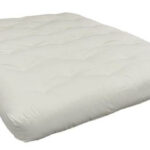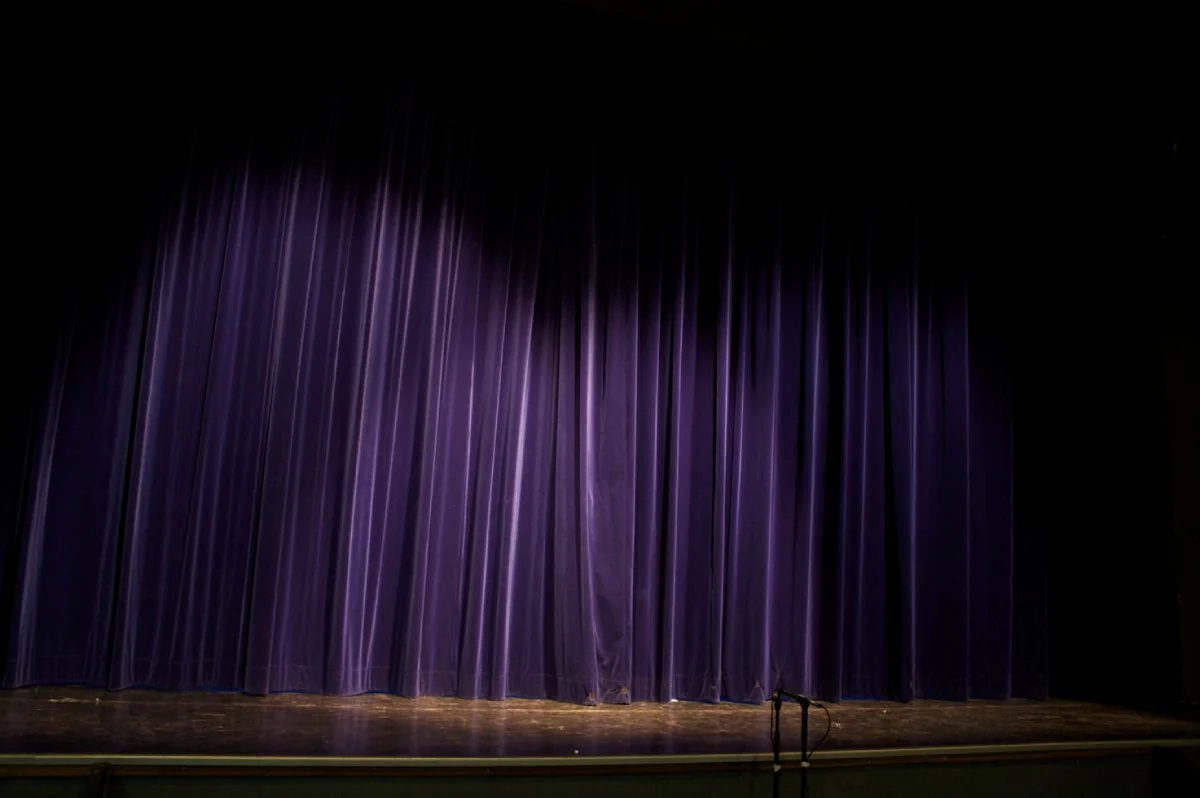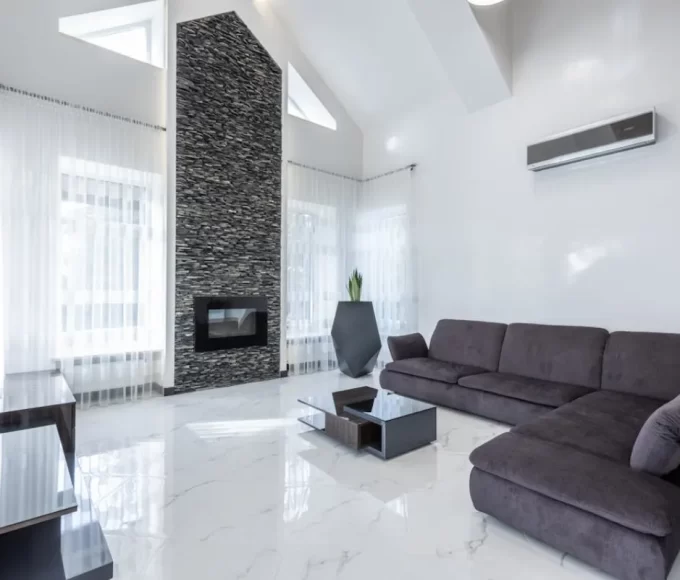Selecting fabric is essential and forms a critical foundation for functional and aesthetic designs. Fabric choices depend on various factors such as texture, durability, weight and interaction of the fabric with the environment. For different purposes, there are varied fabrics; for example, natural fibers like cotton offer breathability and softness, while on the other hand, synthetic fibers offer greater durability and resistance to staining. These considerations become particularly important when it comes to designing interior spaces because the choice of fabric will significantly impact the atmosphere. For example, backdrop curtains made with heavy velvet not only add a sense of opulence but also serve in dampening sound and creating a more intimate environment.
Velvet: The Classic Choice
Velvet is always an option for stage curtains because of its luxurious texture and appearance. The fabric is absolutely great in terms of sound absorption, something essentially required in every theatre. In addition to its superior sound absorption properties, it has an excellent characteristic concerning the nature of opacity, in view of the fact that light cannot pass through it, which is very important in stage shows. The plush feel and appearance of velvet can enhance the beauty of any display.
Canvas: Durability Matters
If durability is a priority, canvas could be your best bet. This high-duty fabric withstands frequent handling and can lend its services for indoor and outdoor use. Though not as sumptuous in nature as velvet, canvas has a rustic charm going for it, which could be perfect for certain themes or settings. Its robust nature makes it an excellent choice for backdrops and set designs that require a sturdy fabric.
Canvas is a popular choice for both artists and set designers because of its durability and ease of customization. Its unique texture can enhance the visual impact of stage performances, making it a favorite for theater productions.
Muslin: A Fabric for Every Occasion
Muslin is a lightweight and cost-effective material used for backdrops and scenery. It is easy to customize with paint and can be adapted to personal preferences. While it does not have the good sound-absorbing characteristics found in velvet, it is a less expensive alternative for schools and smaller theatrical productions.
Muslin is very popular in the theatre and arts due to its versatile nature. The fibers in muslin are so finely woven that, with some dye or paint on it, it looks pretty good. Thus, it is easily colored or tinted to suit the needs of any particular design, which is fitting for lower-budgeted shows.
Polyester: The Modern Alternative
Over the past few years, polyester has become increasingly popular because of its durability and minimal upkeep requirements. It will not wrinkle, shrink, or stretch; it is a very practical choice for busy venues. Polyester can be manufactured to imitate other, more expensive fabrics, offering a sensible alternative that is stylish too. Thanks to the advancements in fabric technology, modern polyesters have features that make them suitable for various stage applications. Polyster is diverse not only in its fabric appearance but also in its wide range of colors and finishes, allowing it to imitate silk, satin and velvet at an affordable price.
Flame-Retardant Fabrics: Wearing Safety First
The first most important aspect in choosing stage curtains is safety. The fabric used should be flame-retardant to ensure the safety of performers and audiences. Materials like Inherently Flame Retardant (IFR) polyester are fabricated to meet these standards without going through compromise over quality and its look. Using flame-retardant fabrics is best practice and usually a legal requirement for public performances of any kind. Fabrics are treated to delay the spread of flames in case of fire outbreaks, providing vital minutes for evacuation. This added insulation is essential in any performance space.















